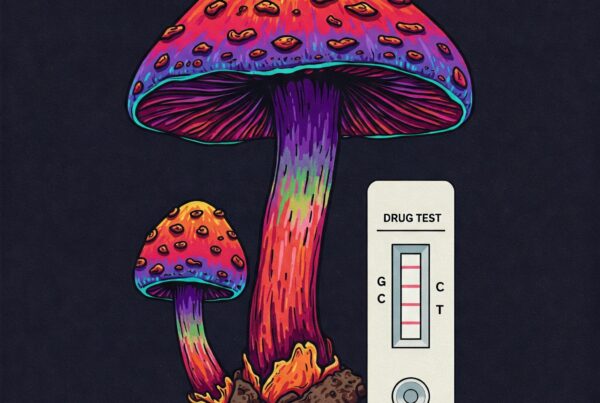
The FDA’s decision to deny MDMA-assisted therapy wasn’t a complete surprise. Over the last few months, the new drug application has received a lot of criticism.
First, a scathing ICER report in March called the trial design into question and highlighted allegations of misconduct. This likely inspired a June FDA Advisory Committee meeting that reiterated these concerns and resulted in what ended up being a damning vote recommending against approving the drug.
Since then, we’ve waited for the FDA’s official decision, which was handed out on Friday in the form of a letter to Lykos, the sponsor. There’s a lot of analysis out there on what could have been done to prevent this. How expectation bias and blinding could have been mitigated, etc.
In my latest contribution to Boulder Weekly, I attempt to describe the underlying factors that make this type of therapy so challenging to bring through an FDA approval. Namely, that it’s not just about the drug. It’s about how the drug augments the therapy experience. The FDA is not a regulator of therapy and isn’t positioned to evaluate such a modality.
While this setback isn’t necessarily the end for MDMA-assisted therapy, it’s certainly a tragedy for the millions who have struggled to find effective treatment for PTSD. Even with the intricate challenges with this clinical trial, there’s little doubt that this treatment is effective.




